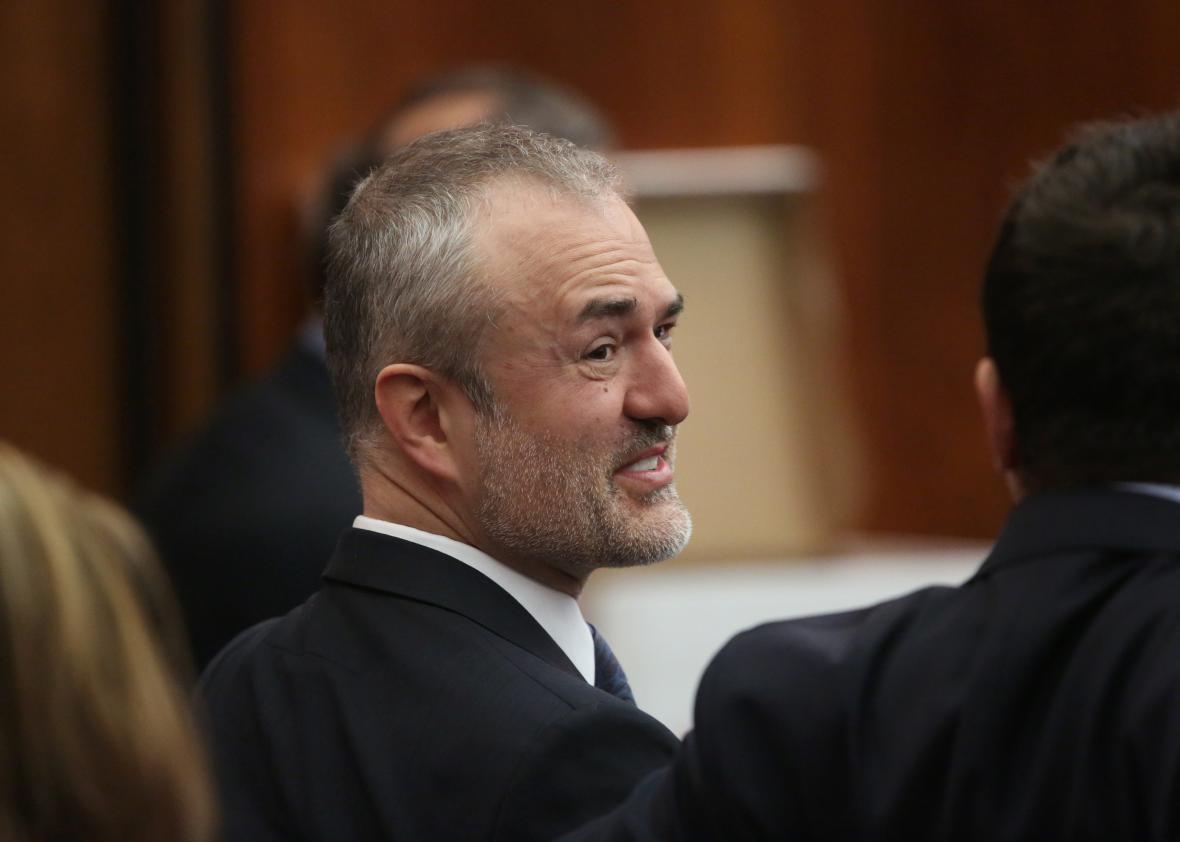So it’s come to this. Facing a financially crippling verdict in its legal battle with Hulk Hogan, Gawker Media filed for bankruptcy in New York on Friday and will soon be sold at auction. Perhaps you have questions, such as: Why now? Why bankruptcy? Will I still be able to read Deadspin when I can’t bear to keep staring at Excel spreadshseets during work? Here are some answers.
Gawker Media reportedly began exploring the idea of a sale soon after a Florida jury decided the company owed Hogan $140 million dollars for violating his privacy by posting excerpts of a sex tape featuring the former pro wrestler. But it finally chose to seek Chapter 11 protection after Pinellas County Judge Pamela A.M. Campbell essentially refused to stay the judgment. Under normal circumstances, defendants in Florida are required to post a bond for damages when they appeal a verdict; Gawker Media, for its part, would have had to pony up a cool $50 million. According to the Tampa Bay Times, Judge Campbell ruled Friday morning that Gawker Media could post shares in its company rather than cash. But the company apparently decided that was a no-go and headed to bankruptcy court instead.
Entering bankruptcy automatically halts the collection of any legal judgments against a company. That means Gawker Media can now appeal the privacy case without worrying about Hogan swooping in to try and seize its assets. It also doesn’t have to worry about posting that pesky bond because, again, Hogan can’t touch its money so long as Gawker Media hides under the wing of the bankruptcy court. The company can also continue to pay employees and operate all of its websites—so Deadspin, Jezebel, Gawker, and the rest are safe. “They’re trying to slow down the litigation,” says Michael Simkovic, a law professor at Seton Hall who specializes in bankruptcy, among other subjects. “They’re trying to make it harder to collect on the judgment, and they’re trying to make sure Gawker ends up in the hands of someone who is friendly.”
About that last bit. Selling Gawker without filing for bankruptcy would have been difficult, since businessmen typically don’t like purchasing companies with apocalyptic jury verdicts hanging over their balance sheets. But Chapter 11 solves that problem. As New York University law professor Barry Adler explained to me, companies in bankruptcy can sell off their assets free of any liabilities—so Gawker’s buyer doesn’t have to worry about inheriting the Hogan judgment. The money from the sale then goes to the bankruptcy estate, which can continue fighting Hogan in court. If the estate prevails, then it simply pays off Gawker’s remaining creditors, and can hand whatever profits are left to the company’s old shareholders (namely, Nick Denton and the Russian oligarch who recently bought a minority stake). And if the jury verdict stands, it would pay off senior creditors, who are entitled to the first cut of the cash, then presumably send the rest of the money to Hogan and other similarly situated creditors. Details aside, this is all pretty standard procedure. “It is quite common these days for firms to file for bankruptcy in order to sell their assets free and clear,” Adler said.
At the moment, it appears that the publishing company Ziff Davis, the owner of PC Magazine and askmen.com, is ready with a $90-$100 million bid for Gawker. Presumably, other offers will come in higher. So this marks the beginning of the end of Nick Denton’s company as an independent empire. But bankruptcy was the best, and perhaps only, way to ensure it survived at all.
Disclosure: One Slate editor is married to a Gawker editor. One is married to a lawyer who represented Gawker in the Hulk Hogan trial. One is a former Gawker Media executive editor. None of these Slate staffers worked on this story.
